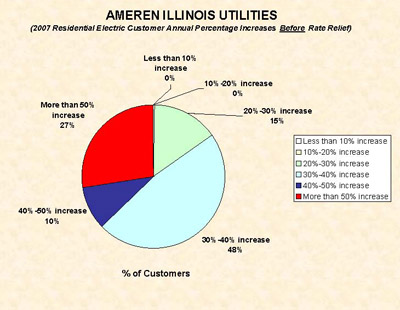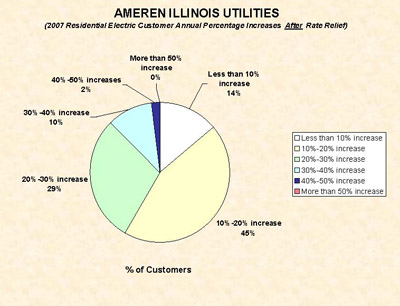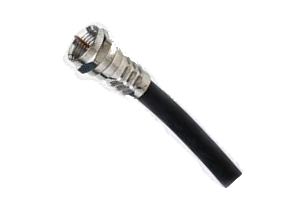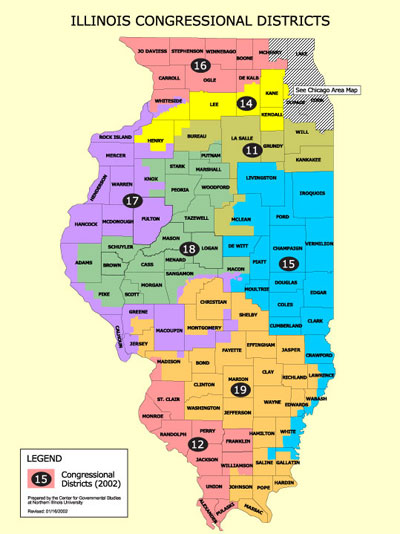In my last post, I looked at quotes by Senator George Shadid and District 150 Treasurer Guy Cahill regarding Senate Bill 2477, a bill that would allow the school district to borrow money to build new schools through the Public Building Commission (PBC) without having to get approval from voters through a referendum. In other words, a bill that will allow the school district to pick your pocket for their building program, a program that is questionable at best.
The Governor vetoed the bill, but Shadid has announced his intention to try to override it. Does he have enough votes? It looks very possible: A three-fifths vote is needed to override a veto; that means 36 senators and 71 representatives. Senate Bill 2477 passed overwhelmingly with 43 ayes (9 nays) in the Senate and 89 ayes (25 nays) in the House. So, if all those people felt strongly enough about the original form of this bill, they could easily override the Governor’s veto.
But why are so many senators and representatives in favor of this bill? Maybe it has something to do with the way it was presented. I’ve been reading transcripts of the floor debate in the Senate and House (did you know these are available on-line?), and it’s been a real eye-opener.
Let’s start with Senator Shadid in the Senate. He had this to say:
[T]hey [the school board] are really in dire — dire straits because they can’t get a referendum passed. They have a sixty-percent minority student population and this would be very, very beneficial and really well — well needed. I mean, we need this in our city.
They’re in dire straits? We need this in Peoria? They can’t get a referendum passed?
He was challenged on that last statement by Senator Burzynski (R-35th Dist.) who asked, “when was the last time they offered a referendum to the people?” Senator Shadid:
I have to tell you, they — they’ve not had a referendum on the — for the last ten years that I’m aware of. I can only tell you that when I tried to build a county jail, we had three referendums that failed and we finally had to go to the public building commission in 1985 to get a jail built that was to replace the jail that was a hundred and twenty-five years old.
Burzynski rejoined, “what I recall in the discussion in committee is the fact that it’s been close to thirty years since they tried to pass a referendum.”
So, Shadid’s argument is, as I understand it, thus: Since it was so difficult twenty-one years ago to pass a referendum to build a jail, obviously it will be impossible now to get a referendum passed to build new schools. It’s not even worth trying to get the money that way — we need to circumvent the voters just like we did to get the jail built.
Yet, only six years ago, the Journal Star reported that “Illinois voters approve[d] most school bond issues” (3/23/2000): “Seven of the 10 area schools that asked for more money, got it. Now they’ll be able to construct new buildings, renovate old ones or just pay bills.” None of these bond issues were in the City of Peoria, but they were close — as close as Dunlap, to give just one example. It just goes to show that when a school board makes a good case for increased funding, it is possible to get a referendum passed, without picking voters’ pockets.
Okay, onto our newest representative in Springfield, Mr. Aaron Schock, who took to the floor of the House to speak in favor of this bill:
I rise in support of Senate Bill 2477 not only as the Representative from Peoria, but also the past president of the Peoria School System. This is a piece of legislation that is not only supported by our school board, but also our entire city council.
Wait, it is? Did I miss that meeting? Does anyone remember the “entire city council” expressing their support for this bill? Can Schock provide any evidence to support this statement? Of course, in Springfield there’s no one to dispute his assertions, so as far as the Illinois House is concerned, Peoria’s entire city council supports this bill. Schock continues:
And I certainly hope that we can have overwhelming, if not unanimous, support from this General Assembly. This really gives local control to our school board and to the Public Building Commission in Peoria. Right now, our Public Building Commission already has the authority to build libraries, to build prisons and jails, and we’re simply asking for that same authority be given back to our school system, which it has had for many years. All of the schools in our district in the recent history that have been built have been done so using the Public Building Commission.
And I believe that’s the very reason they took the power to bond for school construction away from the PBC, isn’t it? And what does he mean by “this really gives local control to our school board…”? Since when is getting approval from taxpayers in your own school district not considered a local decision? I’m guessing by “local control,” he means simply “control.” It takes control away from the voters and gives it to the school board. Back to Schock:
We have more inadequately housed students, according to state standards, more inadequately housed students in Peoria than any other school district in the state. I think it’s a shame right now that our Public Building Commission has the authority to house prisoners and jail inmates and give them adequate standards but we’re not giving that same authority to school children in our state. So, this only seems like common sense. I wanna thank Majority Leader Currie for her work on this Bill. It’s a commonsense piece of legislation, something that’s gonna really help Peoria. And I wanna say thank you to her for her willingness to take this cause on for the betterment of school children in Peoria. I urge a “yes” vote.
The common theme between Shadid and Schock is that our students in Peoria are “inadequately housed” according to state standards. You know what that standard is? Any students who are going to school in a building that is more than 67 years old are considered “inadequately housed.” That’s it. So, Schock is inadvertently right when he says, “this only seems like common sense.” Indeed. It’s isn’t really commonsense legislation, it only seems that way because of the way it has been presented.
There is more in the transcript that I would love to cover, and maybe I will in the future, but for now I want to point out one more thing. The main sponsor of this bill in the Illinois House was not Schock, but Barbara Flynn Currie (D-25th District). When she introduced the bill, she said, “This measure has the strong support of Peoria School District #150. I know of no opposition.”
No kidding. Who in Peoria would think to call Barbara Flynn Currie to express their opposition to this bill? But it does bring up a good point. Perhaps we should start writing to the entire Illinois General Assembly to express our opposition to this bill. And perhaps someone on the council (Mr. Spears?) could let the legislature know that the city council has never expressed their support for this bill. I’m sure the School Board won’t mind the city setting the record straight since they have made it perfectly clear they don’t value the city’s cooperation anyway.
Here’s where you can find a list of all the Representatives (http://www.ilga.gov/house/) and Senators (http://www.ilga.gov/senate/). Just tell them you want no taxation without representation, so please uphold the Governor’s veto of Senate Bill 2477.




 Gov. Blagojevich
Gov. Blagojevich  The Springfield
The Springfield  On April 15, 2006, Peoria’s 20-year cable franchise agreement with Insight Communications expired. As of today, we still have no cable franchise agreement, but City Attorney Randy Ray is hopeful that we will soon. In an e-mail I received in response to my question on how negotiations were going, he said this:
On April 15, 2006, Peoria’s 20-year cable franchise agreement with Insight Communications expired. As of today, we still have no cable franchise agreement, but City Attorney Randy Ray is hopeful that we will soon. In an e-mail I received in response to my question on how negotiations were going, he said this: In my last blog entry on
In my last blog entry on  Effective in 2007, there’s a new wrinkle in the Open Meetings Act (OMA).
Effective in 2007, there’s a new wrinkle in the Open Meetings Act (OMA). 